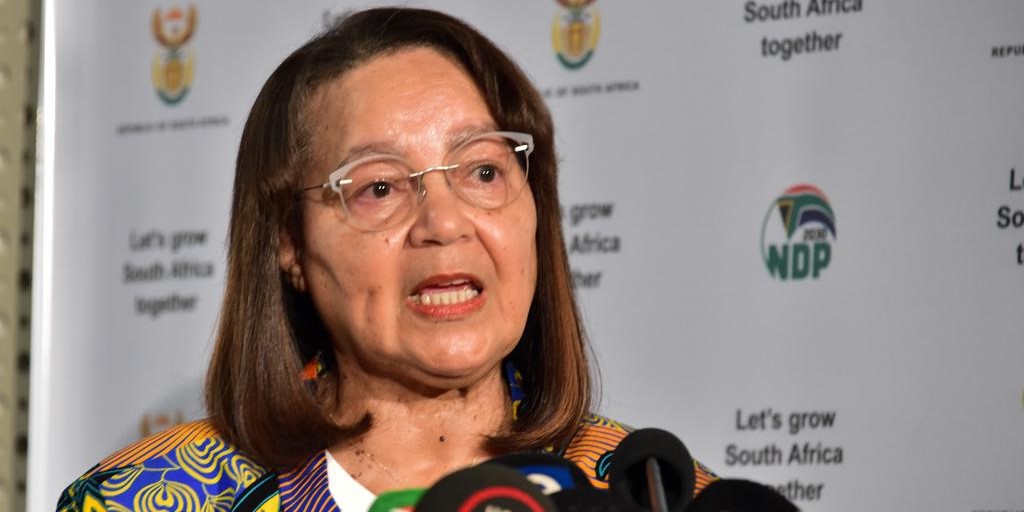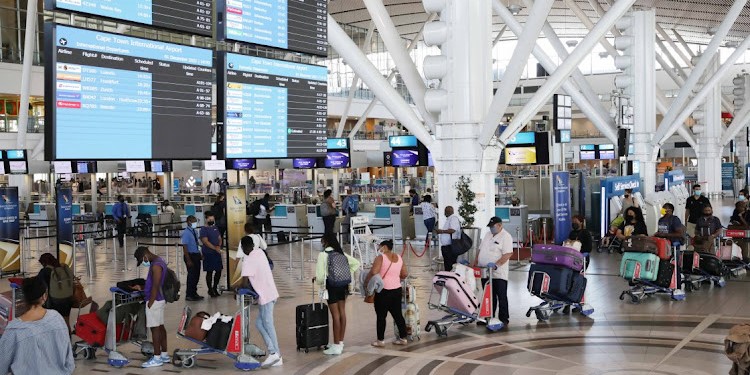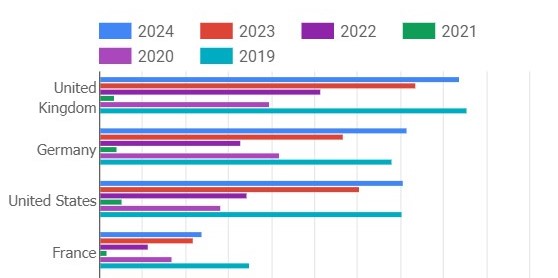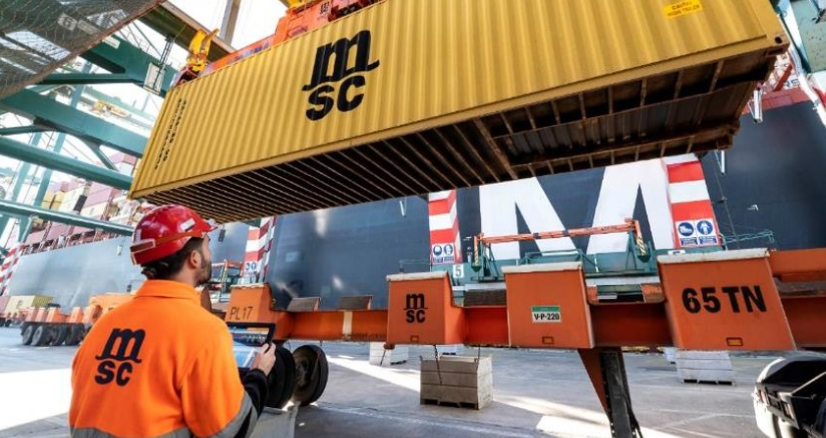Transnet has indicated that it will comply with a Pretoria High Court order forcing it to disclose sensitive business information to Sasol after the oil giant fought back against the state-owned entitys legal claim against it and TotalEnergies for unpaid tariffs.
The court ruled that Transnet must provide Sasol with commercially sensitive information including declarations, disclosures and internal spreadsheets that reflect volumes by fuel type transported along its petroleum pipeline routes during 2020; 2021; 2022 and 2023.
The order compels Transnet to hand over documents containing information regarding the costs, revenue and resources associated with operating its pipelines within 15 days.
This comes after Transnet demanded R815 million from Sasol and R461 million from TotalEnergies for services including using its pipelines to convey crude oil from Durban to the Natref Refinery in Sasolburg.
The amounts charged in the invoices are linked to National Energy Regulator of South Africa (Nersa) tariffs and not to a preferential pre-existing Apartheid-era variation agreement it had signed with the energy companies more than fifty years ago.
The agreement, which set the tariff and subsequent increases in the price of moving fuel for TotalEnergies was signed in 1967 as part of the governments protectionist measures to secure energy supplies during sanctions.
Transnet cancelled the agreement in 2020 on the grounds that it gave Sasol and TotalEnergies preferential treatment over other companies such as BP, Shell and Caltex, now known as Altron.
It also argued that it was legally not allowed to continue the agreement as the laws have changed over the years, and Nersa now determines tariffs.
According to a report in Business Day , Transnet had earlier breached the variation agreement in 2008 by raising the tariff to 10.25%, and again in 2011, when it increased the tariff by 107%, leading to the current legal wrangle over short paid invoices with Sasol and Total Energies.
Transnet has not responded to what has been reported about apparently breaching the variation agreement, electing instead to say the main matter is subject to court processes.
The Constitutional Court eventually ruled in June 2022 that the logistics utility was within its legal rights to cancel the agreement.
Transnet, which has argued that the just and equitable amount Sasol owes is the full maximum Nersa tariff applicable for the three-year period, said on Thursday that it would comply with the order.
However, it said some sensitive information would only be shared with legal teams and experts involved in the matter.
It is not unusual for parties in litigation to share information, some of which may be confidential or commercially sensitive. Transnet SOC Ltd will comply with the courts interlocutory order under the courts confidentiality regime, which sets out the terms of sharing information classified as confidential or commercially sensitive, the parastatal said.
For the information that Transnet has deemed confidential or commercially sensitive, the arrangement as agreed between the parties, is that Transnet would only share such information with the legal representatives and their experts for purposes of the specific issues to be dealt with.
It is also important to note that this is not an order in the main matter, currently being heard by the court, but an order related to the short payments by Sasol and Total on the tariff, despite the Constitutional Court judgment that the Variation Agreement was lawfully terminated.
Sign up to our mailing list and get daily news headlines and weekly features directly to your inbox free. Subscribe to receive print copies of Freight News Features to your door.










